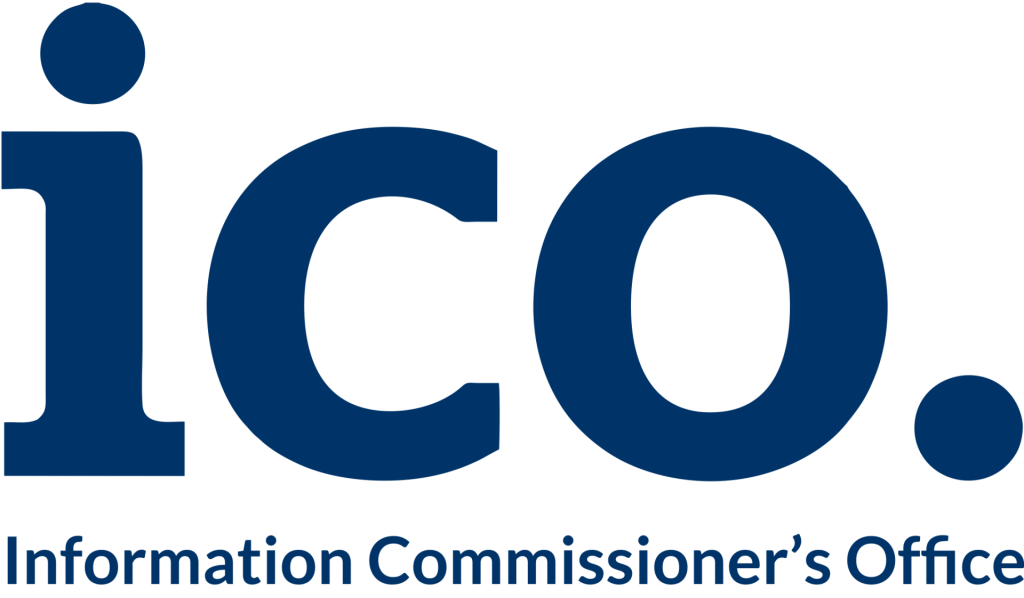Point-based immigration systems have long been a hallmark of countries like Canada and Australia, and in 2026, they have undergone a major transformation. Known as “Express Entry 2.0” in Canada, these systems now integrate AI, labor market forecasting, and real-time economic data to select the most relevant candidates. The Comprehensive Ranking System (CRS) has been upgraded to prioritize candidates with digital economy skills, green energy expertise, and advanced healthcare qualifications. This dynamic approach ensures immigration aligns closely with national economic needs. Applicants now face a more competitive environment, where adaptability is key. Traditional qualifications such as education and work experience still matter, but soft skills, adaptability, and future growth potential are now being factored in. Governments are recognizing that the future economy will require a flexible workforce capable of thriving in industries that may not yet exist. As a result, applicants are encouraged to demonstrate lifelong learning habits and multi-disciplinary competencies.
For immigration service providers, this has created both challenges and opportunities. Consultants must stay ahead of constant CRS updates and help clients adjust their profiles accordingly. Pre-application strategies now include targeted skill development, micro-certifications, and AI-powered simulations of CRS scoring outcomes. The immigration journey has become a blend of professional planning and personal development.
Point-based systems are also becoming more inclusive in 2026. Family ties, regional preferences, and diversity factors are receiving higher recognition. Countries want not only skilled migrants but also individuals who will integrate successfully and contribute to social cohesion. Regional draws in Canada and rural-focused visas in Australia are examples of this evolving inclusivity. The balance between merit-based selection and social policy objectives is shaping the future of skilled migration. Looking forward, point-based systems will likely expand to more countries, creating a global norm for skilled immigration. This harmonization may eventually lead to international talent exchanges, where points earned in one country could transfer to another. While still theoretical, such systems could redefine how talent moves globally in the decades ahead. For now, applicants must navigate increasingly dynamic and data-driven point-based systems to secure their place in the future economy.


































